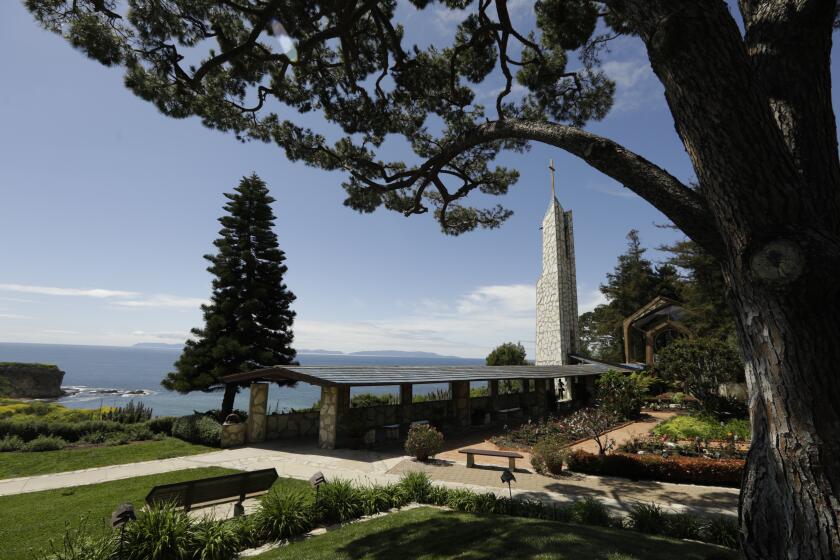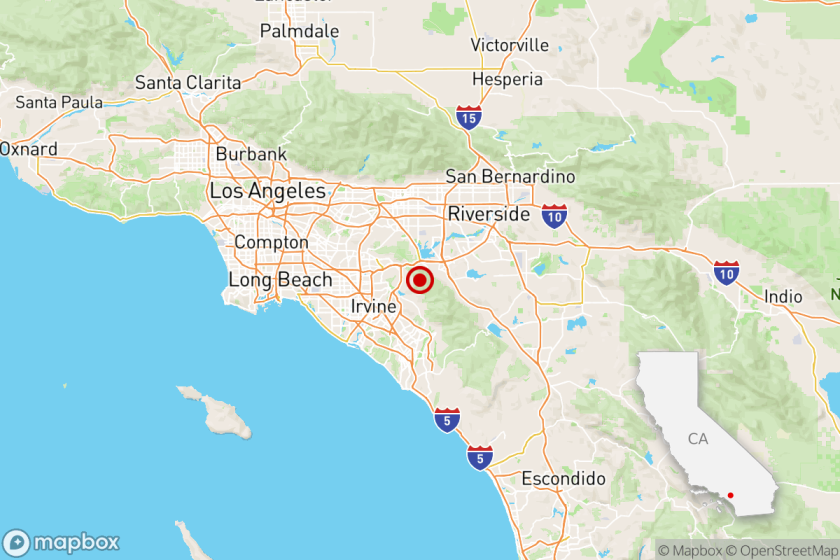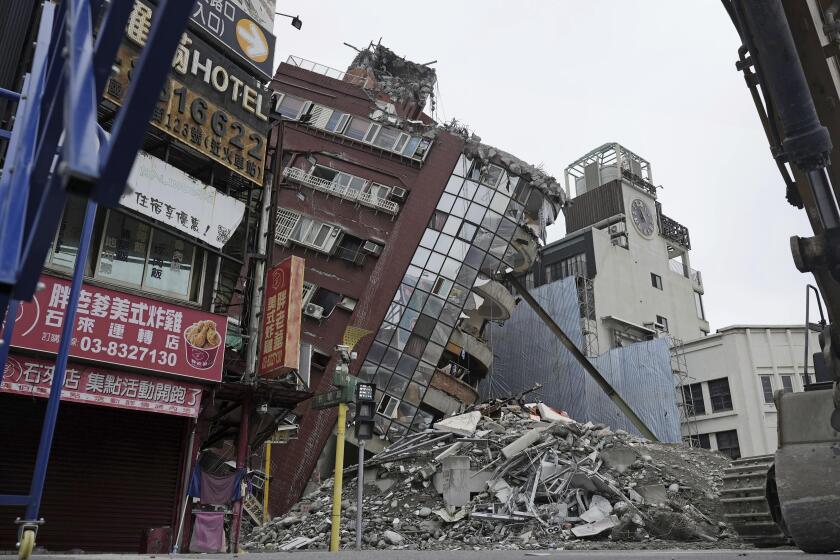Scientists Push Program to Reduce Loss of Life in Major Catastrophies
Scientists are about to embark on a worldwide program that could save millions of lives by better preparing people for inevitable geological catastrophes.
Contending that good engineering is only slightly more expensive than bad engineering, Frank Press, president of the National Academy of Sciences, said he expects the United Nations to approve a program by the end of this summer that could greatly reduce the loss of property and lives during a major earthquake or volcanic eruption.
He noted that an earthquake in Chile in the 1970s that killed only 150 people was almost identical to a quake in China that killed 250,000. The only difference, he said, was in the quality of construction.
Similarly, a volcano in Colombia killed 25,000 people while the more energetic eruption of Mt. St. Helens killed fewer than 100. The difference, he said, was warning and evacuation.
140 Countries Involved
Under the U.N. program, which will involve scientists from 140 countries, teams of experts will be sent to Third World countries to train people in all aspects of hazard reduction.
Press and several other scientists attending the International Geological Congress earlier this month in Washington said the program is desperately needed because time could be running out.
“The vulnerability of the world is growing,” Press said, because more and more people are clustering in “megacities,” many of which are in areas of extreme geological hazards. Press said he was shocked when engineers returned from Armenia after that country’s devastating earthquake last year with reports of deplorable building standards.
Press said engineers have determined that it costs only about 10% more to build structures that can withstand earthquakes, although in some Third World areas where better materials are scarce the price might be slightly higher.
The problem is not limited to underdeveloped nations. Even modern, highly industrialized countries such as Japan could be facing a grim future.
Press said Japanese officials have determined that a major quake close to Tokyo--which he said will surely happen some day--could cost that country up to $1 trillion.
That, he suggested, could lead to the “collapse of the world economy” because Japan would be forced to pull back its investments in other countries.
What makes the matter particularly troubling is the inevitability of geological disasters, including volcanic eruptions, on a scale that has not been seen by the modern, heavily populated world.
“We haven’t had a really big volcanic eruption,” said William Fyfe of the Universityof Western Ontario, Canada, director of the International Geosphere-Biosphere Program. He said some volcanoes are capable of erupting with a force 1,000 times greater than the Mt. St. Helens event.
Even some volcanoes in Japan are probably capable of such a blast, and because of the country’s dense population, “if you put a big bang over Japan, half of Japan will die,” Fyfe added.
Although the impact of a major earthquake is fairly localized, a volcanic eruption can affect distant areas and possibly the entire world.
One of the most serious dangers lies in the tons of ash spewed into the atmosphere by the eruption. Any volcanic cloud would be expected to lower temperatures a few degrees over a wide area, greatly reducing crop yields.
“You can wipe out an entire crop for a full year over an entire country,” even with a fairly modest eruption, said Christopher Newhall, a volcano expert with the U.S. Geological Survey.
Newhall said the volcanic island of Iwo Jima is rising “quite rapidly in geologic time,” and it is capable of an eruption of immense power.
‘Tremendous Effect’
“Iwo Jima may lower global temperatures by several degrees,” he said. “That will have a tremendous effect on food production.”
No one is suggesting that it may be possible to prevent such an eruption, but an adequate warning could mitigate the consequences, scientists contend. Press, for instance, said it should be possible to monitor volcanoes from orbiting satellites, providing a global warning system of when an eruption is likely to occur.
That might provide the necessary lead time to stockpile food, and it would at least give people a chance to get away.
Charles Drake of Dartmouth College, president of the International Geological Congress, said scientists no longer accept the notion that “the Earth is God’s pinball machine.”
It is possible now to prepare for some disasters, thus saving human lives and reducing the economic consequences, he said.
More to Read
Start your day right
Sign up for Essential California for news, features and recommendations from the L.A. Times and beyond in your inbox six days a week.
You may occasionally receive promotional content from the Los Angeles Times.






